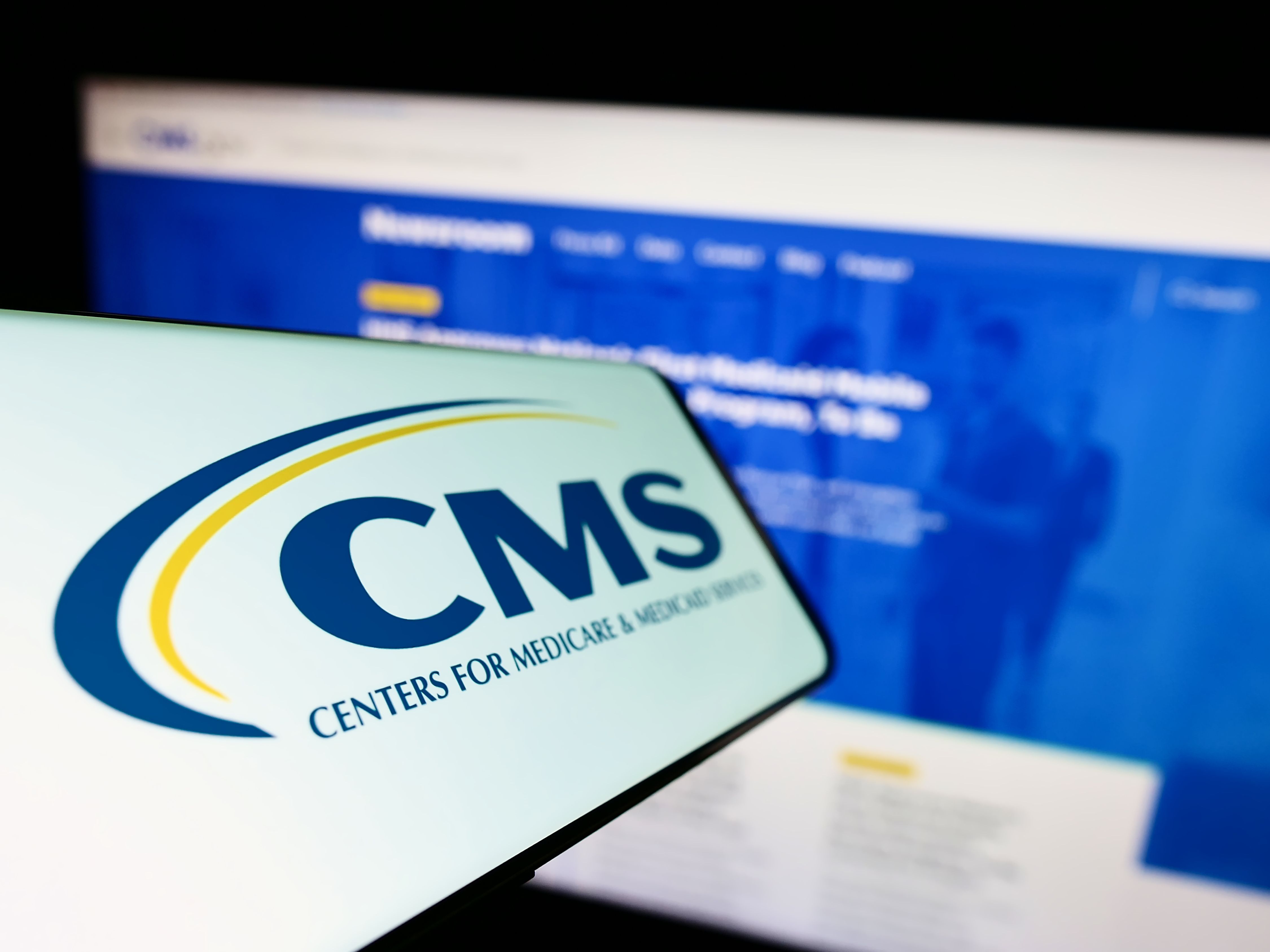Article
Doctor-developed software hits the big time
Author(s):
Making patient data easily accessible across healthcare systems and to physicians in their offices has been a persistent challenge for many hospitals. The main problem is that the data resides in many disparate databases that are generated by incompatible types of software. Bigger hospitals with deep pockets have solved the problem by hiring vendors to integrate their systems so that they can offer viewable data to physicians and administrators. But many hospitals have not done that, and even healthcare systems that have done it are jointly offering a single web portal for physicians in only a few markets.
Making patient data easily accessible across healthcare systems and to physicians in their offices has been a persistent challenge for many hospitals. The main problem is that the data resides in many disparate databases that are generated by incompatible types of software. Bigger hospitals with deep pockets have solved the problem by hiring vendors to integrate their systems so that they can offer viewable data to physicians and administrators. But many hospitals have not done that, and even healthcare systems that have done it are jointly offering a single web portal for physicians in only a few markets.
Back in 1996, Mark Smith and Craig Feied, both ER physicians at Washington Hospital Center in Washington, DC, developed software that helped solve this problem at their hospital and the six other facilities in the MedStar Health system. Their program, called Azyxxi, reduced the inefficiency and long wait times in the hospital's emergency department by providing the ED doctors with a computerized view of all the relevant patient data in the hospital's pathology and radiology departments. Soon other physicians in the hospital were requesting access to Azyxxi, and over time, it was expanded across all MedStar hospitals. With the addition of a web browser interface, MedStar also provided physicians with remote access to Azyxxi, so they could use it in their offices and at home. This proved to be a big hit, and nearly 3,000 MedStar clinicians now use Azyxxi remotely, according to internist Peter Basch, director of e-health for the system. But he hastens to give primary credit to the software's developers.
"What Dr. Smith and Dr. Feied built was a results viewing system that's quick, easy and intuitive, can take data from disparate systems, and can present it in a useful way," he says. "Also to their credit, Azyxxi has flexibility for end users to organize their own displays of data. For example, an ICU doctor who's interested in catheter infections can relatively easily reorganize the data to look for particular patterns of infection or fever outbreaks. So there is flexibility in reporting and discovery beyond simple results viewing."
Last year, Microsoft bought Azyxxi from a pair of companies, including one partly owned by MedStar, and it hired 40 people from the healthcare system to develop Azyxxi further. In its current form, the software provides access not only to results but also to dictated reports, medications, and financial data.
What is there about this program that distinguishes it from other approaches to hospital data integration? For one thing, it doesn't require that systems be interfaced or that data be pulled into a central repository. As a result, the implementation of Azyxxi reportedly cost MedStar only a third of what it typically costs hospitals to integrate their clinical and administrative data.
Microsoft's version of Azyxxi lacks the web front end that would enable remote access. While it's not clear when that feature will be added, a company spokesperson says, "Microsoft is looking into other forms of physician, patient and consumer portals." In the long run, Basch speculates, Azyxxi could offer a way to assemble vital patient data across "regional clusters" of hospitals and their staffs, regardless of which information systems they use.





